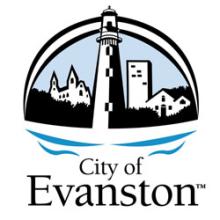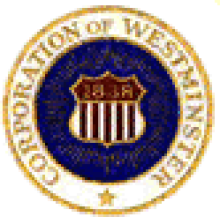Evanston, Illinois, to Dabble in Community Owned Connectivity
Evanston, Illinois, home to Northwestern University, has decided to expand its fiber network in a new project to connect residents and businesses in a targeted area. In 2012, the city and NU joined forces to apply for an Illinois Gigabit Community grant and the pair won the award this past January. Together, the entities won $2.5 million with a plan to encourage entrepreneur retention with an information corridor. The City plans to integrate 1 gigabit residential connectivity in a new condominium development and to nearby commercial property.
Evanston had been using its fiber network to self-provision its own connectivity needs with a I-Net at municipal offices and the main branch of the library. At the intersection of Chicago and Main, city leaders plan to splice into existing fiber and extend it to the residential condo development. Nearby commercial properties will also connect to the expansion. The City will release an RFP in search of a third party provider to offer services via the extended network.
Like other university communities, Evanston is a nest of technology start-ups and community leaders recognize the added draw of gig connectivity. Governor Pat Quinn's press release mentioned coLab Evanston, a shared workspace facility that will connect to the new expansion:
coLab Evanston is just one of many small and growing businesses that will reap enormous benefits from ultra-high speed gigabit Internet service. The company provides shared working space for companies and individual entrepreneurs who are often looking to take ideas and grow them into larger enterprises. The company acts as an incubator for innovation and provides its clients with the resources to be successful.
“At coLab, we’re committed to helping professionals by giving them the tools they need to be productive and innovative,” said Eric Harper, co-founder of coLab Evanston. “Gigabit will be a key benefit we offer as we strive to create an environment where ideas can turn into reality.”



